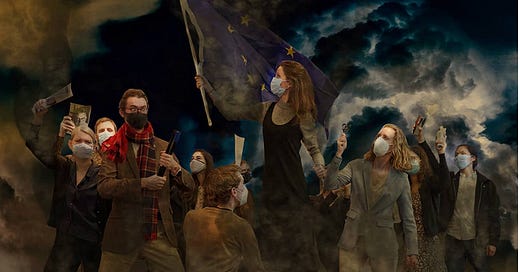History of the Present (week ending 10 June 2023)
Will the 22ers become a new political generation?
The war in Ukraine has the potential to define a European cohort but it’s not yet clear whether it will

Keep reading with a 7-day free trial
Subscribe to History of the Present to keep reading this post and get 7 days of free access to the full post archives.



